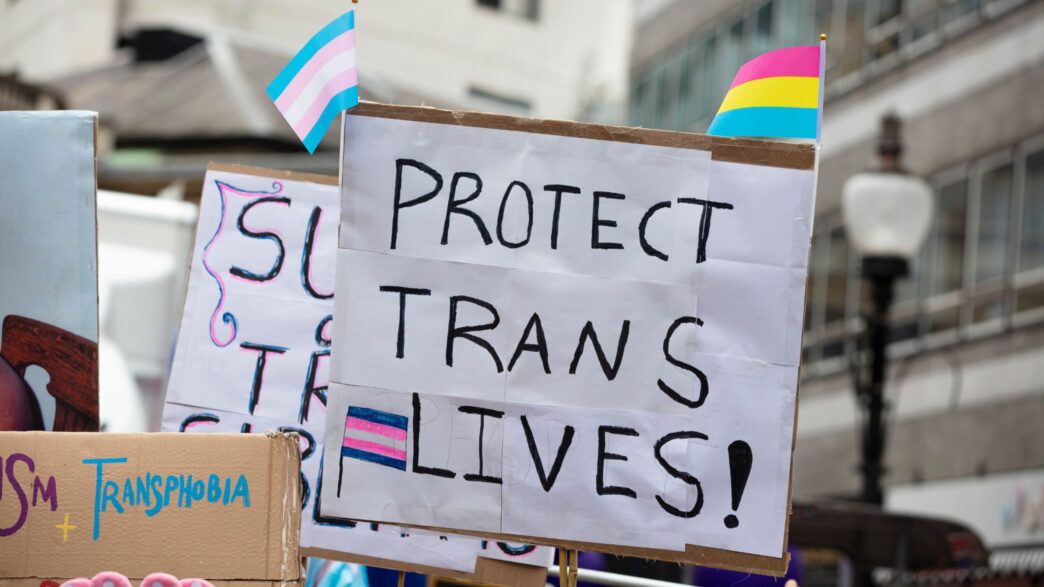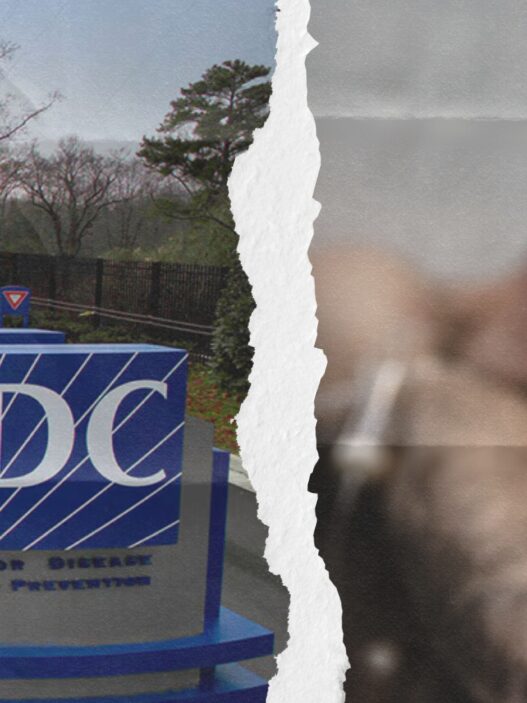Missouri lawmakers have enacted legislation that bans transgender athletes from competing in sports that align with their gender identity and restricts access to gender-affirming healthcare for minors.
The measures have sparked debate, with supporters arguing that they protect fairness in sports and prevent minors from making irreversible medical decisions, while opponents contend that the laws limit personal freedoms and access to necessary healthcare.
Restrictions on Transgender Athletes
The new law prohibits transgender students from participating on sports teams that match their gender identity at both the K-12 and collegiate levels.
Missouri joins several other states that have enacted similar restrictions in recent years.
Supporters of the law argue that it ensures fairness in competition by preventing what they see as an unfair advantage for transgender athletes in women’s and girls’ sports.
They believe that allowing transgender women and girls to compete in female sports could undermine opportunities for cisgender female athletes.
Opponents, including LGBTQ+ advocacy organizations and some sports governing bodies, argue that there is little evidence that transgender athletes dominate competitive sports and that excluding them could lead to social isolation and negative mental health effects.
Research has shown that participation in sports can contribute to higher self-esteem, better mental health, and a stronger sense of belonging for youth, including those who are transgender.
Ban on Gender-Affirming Healthcare
Missouri lawmakers have also passed legislation that prohibits doctors from providing gender-affirming medical treatments to minors.
This includes puberty blockers, hormone therapy, and gender-affirming surgeries for individuals under the age of 18.
Supporters of the measure argue that these medical interventions are experimental and potentially harmful to minors who may later regret their decisions.
They contend that young people should wait until adulthood to make choices about gender-affirming medical care.
However, major medical organizations, including the American Academy of Pediatrics, the American Medical Association, and the Endocrine Society, support gender-affirming healthcare for transgender minors, stating that it is a well-established and medically necessary treatment.
Studies suggest that access to such care can reduce rates of depression, anxiety, and suicidal ideation among transgender youth.
Families affected by the law have expressed concerns that they may have to travel out of state to continue medical treatment for their children.
Some healthcare providers have also raised concerns about the legal risks they face if they continue offering care.
Potential Legal Challenges
Missouri’s new laws are expected to face legal challenges from civil rights organizations, who argue that they may violate federal anti-discrimination laws and constitutional protections.
Similar laws in other states have been blocked by courts, while others remain under legal review.
Legal experts say that the outcome of these cases could shape future policies on transgender rights nationwide.
While the laws are in effect, transgender youth and their families are navigating uncertainty regarding their access to healthcare and participation in school sports.
What’s Next?
As these laws take effect, advocacy groups, healthcare providers, and legal organizations continue to monitor their impact and explore potential legal avenues to challenge them.
Some families have indicated that they may relocate to states with more supportive policies, while others are working to find alternative healthcare solutions within Missouri.
Lawmakers who supported the legislation have said that they will continue pushing for more regulations concerning gender identity policies in schools and public spaces, while opponents argue that the laws contribute to stigma and discrimination against transgender individuals.
Ongoing Debate
Missouri’s legislation reflects a broader national debate over transgender rights, medical decision-making, and fairness in athletics.
As more states consider similar policies, the legal battles surrounding these issues are likely to continue.
With strong opinions on both sides, the long-term impact of these laws remains to be seen.






















